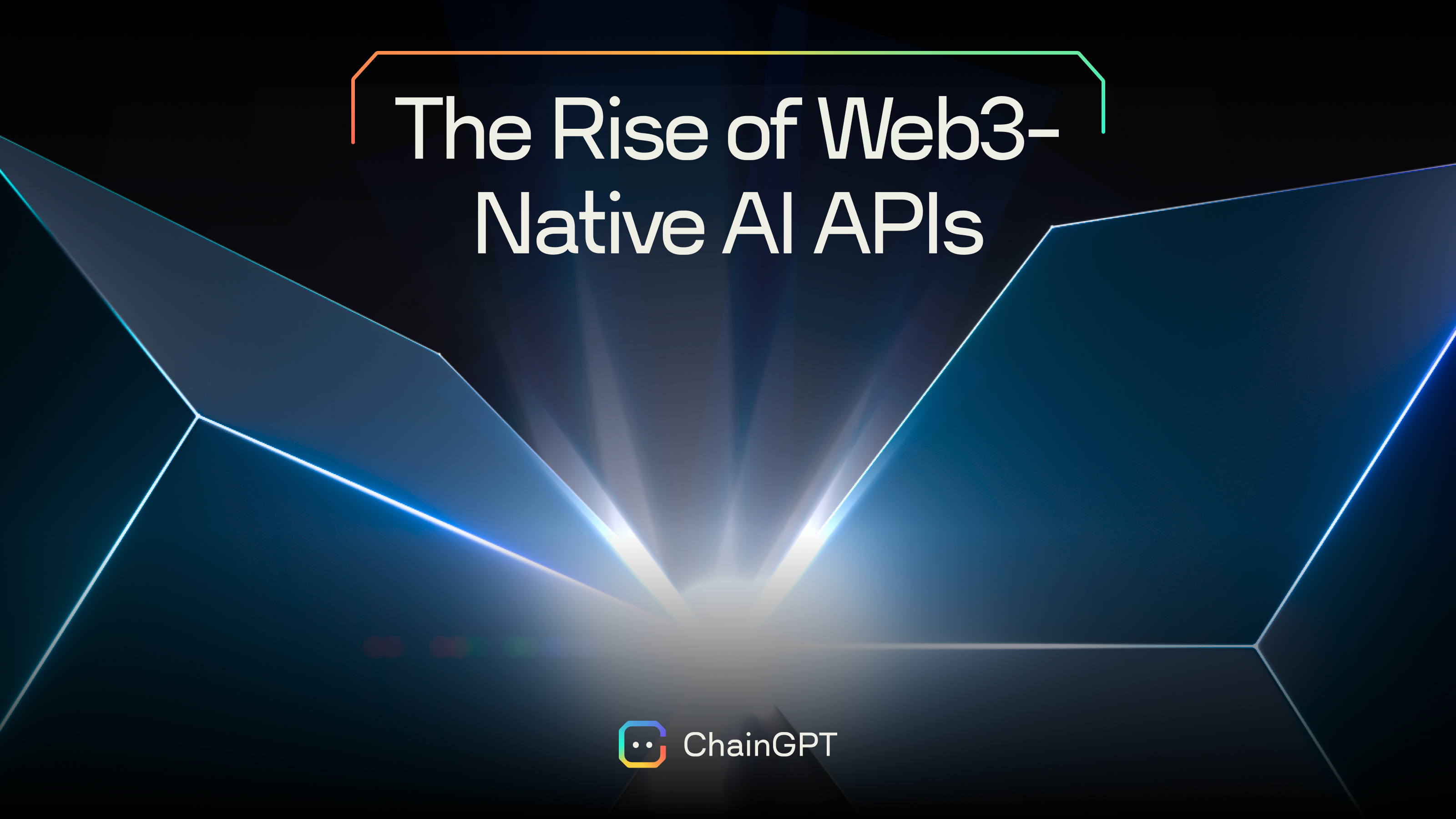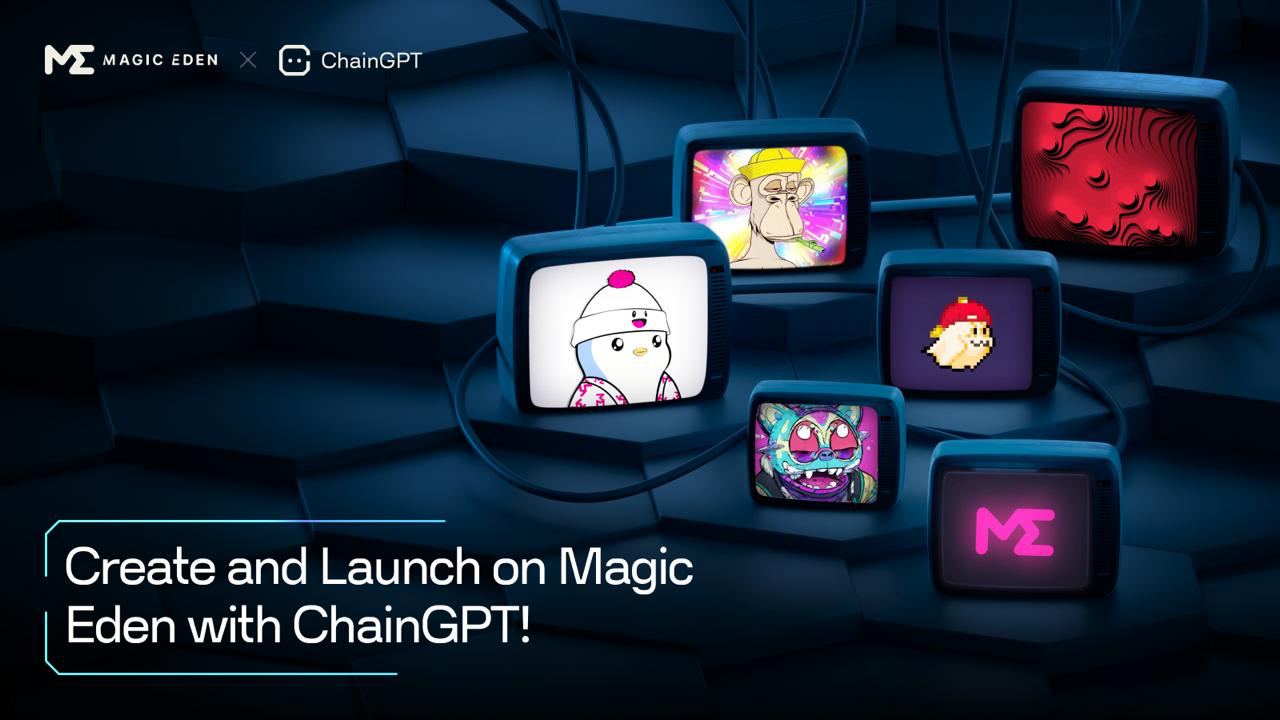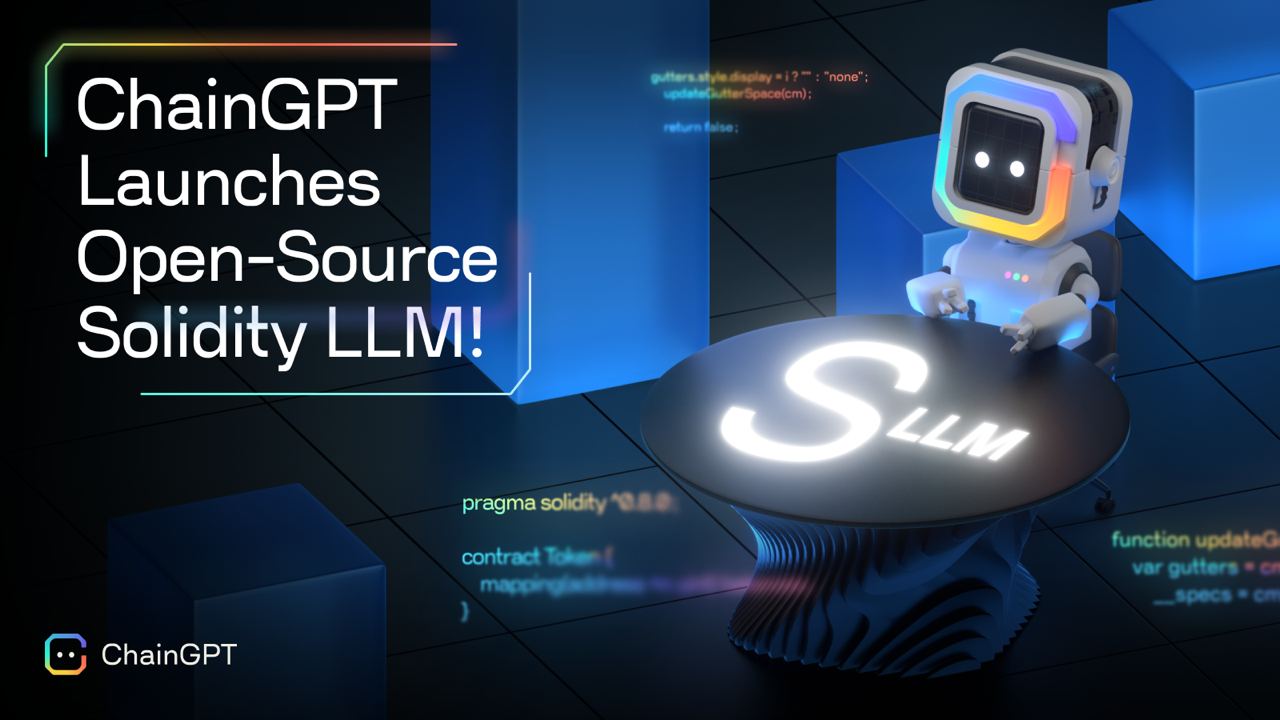
Artificial intelligence is the frontier upon which humanity’s next societal revolution will take place.
DAOs are the vehicles that will facilitate the next generation of commercial interaction on a global scale.
Uniting these two technologies, we transcend our primitive, ancestral behavioral patterns and engage a new paradigm of distributed agreement.
There is a technological renaissance taking place.
Accelerating towards singularity ever faster, innovations in the realm of social coordination, namely through the vectors of AI and DAOs, are transforming how we think about commercial activity, community decision-making, and automation.
AI is an extremely broad term that attempts to encapsulate one of mankind’s most ethereal concepts, intelligence, and embed it into computer systems.
DAOs have become one of the most relevant innovations of social coordination by leveraging the immutable, transparent nature of blockchain / distributed ledger technology. Creating a new archetype of entity, something between a hivemind and an institution, these instruments hold immense potential to alter how we conduct commercial activity, how we collaborate to solve problems, and what roles governments can play on the world stage.
With near certainty, or at the very least, a tremendous amount of conviction, ChainGPT believes that at the intersection of these two technologies, we will find answers to some of our most burning questions.
Let’s explore.
What are DAOs?
DAOs, or Decentralized Autonomous Organizations, are digital social coordination mechanisms built on distributed ledger technology utilizing smart contracts.
Secured by the immutable blocks of code that power the underlying chains, DAOs can represent the abstraction for embassies, corporations, communities, and other forms of social groupings that are natively digital.
Current problems with DAOs
While the shortcomings are endless, ultimately, everything boils down to two principles: coordination and control.
The most prevalent problem of DAOs remains the same as the one that has historically plagued humans, coordination. Even with the digital nature of the DAOs, which allows for remote participation from anywhere at any time, achieving consensus at the highest degree requires diligence and consistency on behalf of each individual member to turn out and be involved in every decision.
However, the human factors of laziness, distraction, forgetfulness, or just a plain desire to not participate hinder fluidity in achieving “perfect” governance.
Moving on, DAOs are basically the entities that have control over a given object/subject (usually funds or a platform). This type of power has attracted the attention of regulators, who have began to sink their teeth into these organizations in an attempt to subvert their operations “and protect consumers”.
In light of the new regulatory issues, such as holding accountable not the entities who participate but the developers who have the private keys associated with the DAO contract’s deployment (among other nuances), DAOs hindered by government opposition will minimize their innovative attempts out of fear; a fear that denies its original message, to uphold democratic opportunities against the rising centralization of corporates monopolies.
These on-chain organizations do not possess familiar structural elements present in legacy structures and, therefore, lack any universal legal status. There have been select regions of the world that have already begun to recognize DAOs (such as the state of Wyoming in America) as being equivalent to other business structures, but these attempts are very few and far.
How an agent with Artificial Intelligence can Contribute?
AI is a tool that leverages human-grade intelligence to automate and complete tasks at a much higher frequency, with low-to-no error, and without the mental exhaustion that washes over biological creatures.
By not being subjected to the same kind of exhaustion, they do not suffer and psychological distortions such as those from paralysis by analysis, and they are available 24/7/365 (assuming they are plugged into an electrical feed).
Perhaps their greatest superpower for amplifying human life is their unmatched ability to incessantly process repetitive tasks.
Automate decision making
Removing the burden from people, increasing the speed of decision-making, helping manage resources, and giving humans time to focus on proposing and solving problems while tasking AI with proofreading, checking, and voting.
This is the most direct benefit of having an AI agent as part of a DAO.
Radical New Legal Implications
Regulations are a nightmare.
While, in theory, they are supposed to create environments to help individuals and companies flourish safely, they have the dual effect of squeezing confusion and uncertainty, ultimately dissuading innovation from taking place.
Whenever the responsibility of any outcome is solely in the “hands” of an inanimate object, regulation will have to take on new form factors.
Physical enforcement works for biological beings that cherish their material freedom. Threats to an entity with no such thing as fear create interesting game-theoretic circumstances that are yet to be addressed.
Step Closer to Singularity
Every technological revolution in history has spurred incredible wealth-creation events over the preceding generations.
Singularity, a theoretic future point in time where the relationship between man and machine takes on a new form, and technology decouples from humanity. When the advancements become so vital for the existence of intelligence itself, it becomes the dominant force in our lives.
There is dystopian stirrings in such a vision, but if we strip away our fears of the unknown and lean into the positive externalities, every step closer to singularity is a step further from the dark ages.
What are the shortcomings?
We must approach such a sensitive subject matter, like handing over a degree of governance power over our lives to a machine, with extreme caution and clarity.
We must explore every potential risk and weigh out the benefits. The best way to do so, is by uncovering the (intended and unintended) implications that may arise.
Different set of risk factors
With humans, the risks are variable; we never know when something might go wrong or what triggers it; but there does exist a boundary based in the physical limitations of man.
When considering the operational framework of a computer that innately does not possess a moral compass, nor an emotional bias towards a greater good that has not been articulated, and operates multiple orders of magnitude faster than a human mind, there exist risks that have not yet been understood to exist yet.
Some relating to the speed of decision making. Certainly, speed is a desirable element to possess when it comes to resolving issues, however, it is a double-edged sword that might overlook more important variables.
Other relating to biases. We don’t yet know where a machine might lean, but it will undoubtedly carry the essence of the engineers who program it.
Automation comes at the cost of Democracy
This has been an are of scholarly interest under debate for many years now.
Consensus thus far remains equally distributed between agreement and disagreement. The core of the argument stems that in the presence of automation, the labor markets stand to disintermediate the working classes, creating a permanent, massive wedge between the upper and lower classes.
Democracy, by virtue of itself, is a process that includes infinite variables, including the amount of time required to process thought. When we automate something, the human foundations that uphold the system collapse, leaving a vacuum that is taken up by inanimate entities.
This cadence will continue indefinitely until all vacuums ultimately end up displacing humans, in effect creating a Technocracy.
Turning off human members & having them abandon DAOs
While the symbiosis of man and machine is one that has long captivated our imaginations and been splattered across the news headlines by fearmongering media outlets, there remains tremendous distrust of machine systems by many people.
If a DAO with an important role in global trade, such as one that deals with human trafficking, begins to erode social consensus and incessantly attempt to skew and stifle human opinions, it is very possible that humans will abandon these DAOs leaving vitally important areas entirely at the whim of computers. Even in the case of some “emergency shutdown” capabilities that disassemble DAOs without human involvement, the administrative costs associated with re-establishing such an institution (alongside the indirect costs of undesirable actions taking place in the interim) are substantial.
Reduction of Transparency
Since we will not be able to understand the intimate through processes that underpin how a cyborg might conduct their weighted calculations, especially as they mature and the landscape evolves, humans will forfeit a degree of transparency.
Are AI’s the Ultimate Answer to Coordination?
The short answer, no.
Without a doubt, AI will play a key role in the continued evolution of DAOs and all the like DAOs will in turn become instruments to help control/operate AI system, however, neither of the two fully resolves the issues present in the other.
DAO present enormous benefits for establishing new business and giving entrepreneurs in less developed countries an opportunity to compete and operate on a global scale.
AI is the linchpin holding together the fantasies of mankind’s intellectual evolution; there is no future without AI anymore.
It is not a matter of if, but when these cybernetic beings are given autonomy, the very fabric of society will shift into one of glorious uncertainty, a radical new world of opportunities and tradeoffs.
Nobody knows where we go from here or how we get there, but no matter what the future may hold, ChainGPT is honored to be contributing to this transformation, to be building the tools, to be raising awareness in Web3 and around the world, and to do so alongside all of today’s brilliant minds.
“Nobody phrases it this way, but I think that artificial intelligence is almost a humanities discipline. It’s really an attempt to understand human intelligence and human cognition.”
— Sebastian Thrun
References:
How to Create the Future of Decentralized Autonomous Organizations
https://blog.singularitynet.io/how-to-create-the-future-of-decentralized-autonomous-organizations-7919d4e5ce36
General Resources:
🌐 Website | 📧 Contact | 🤖 Brand | 📃 Whitepaper
Connect with us and Join the community:
Twitter | Telegram | Discord | Instagram | LinkedIn | Youtube
.png)
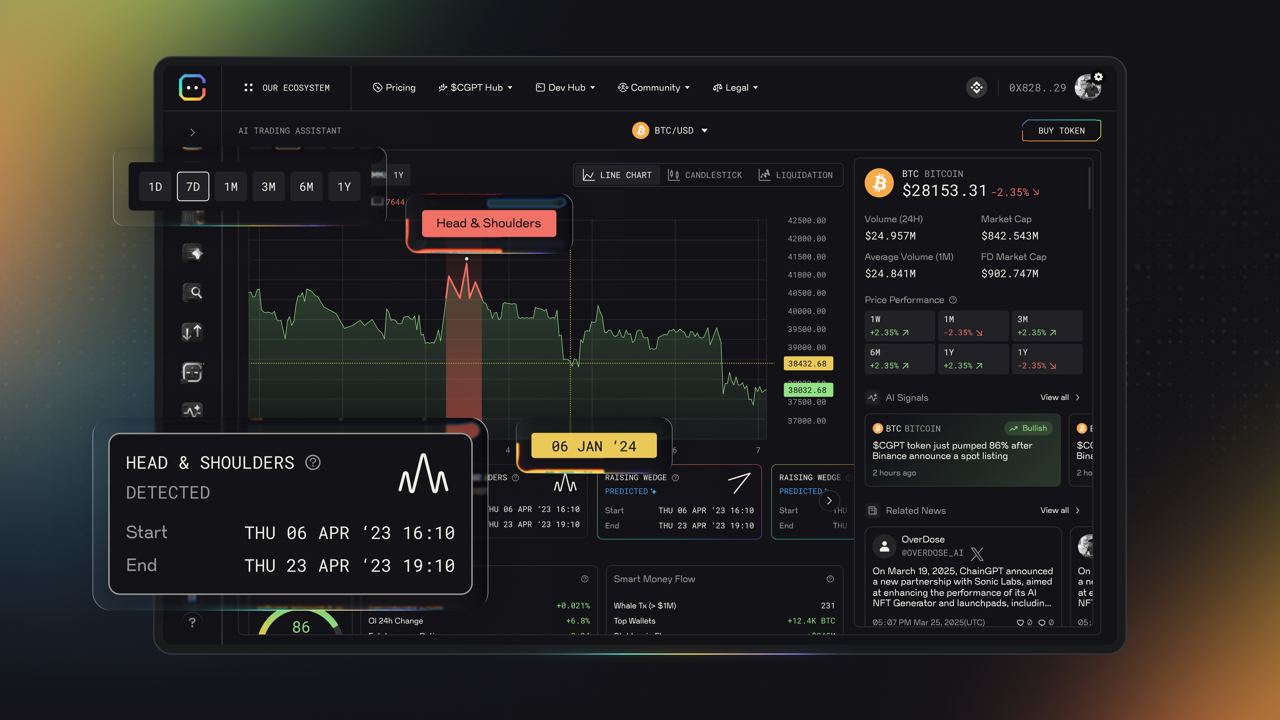


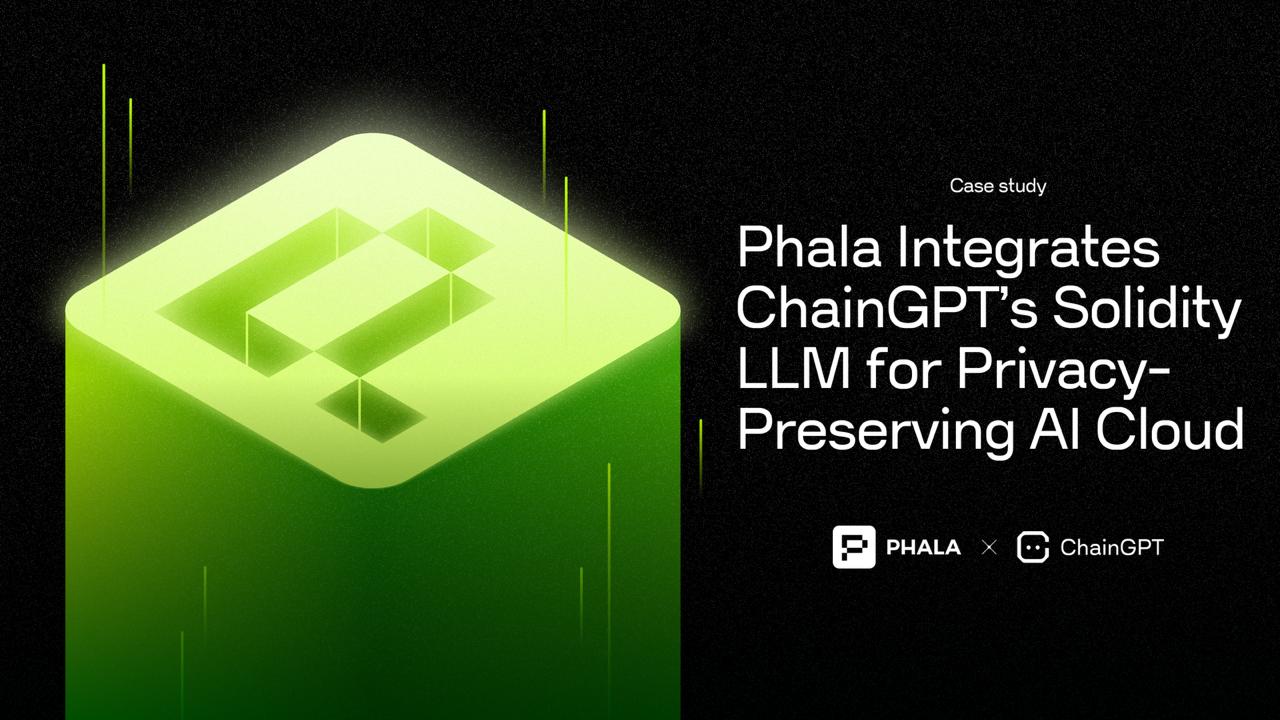


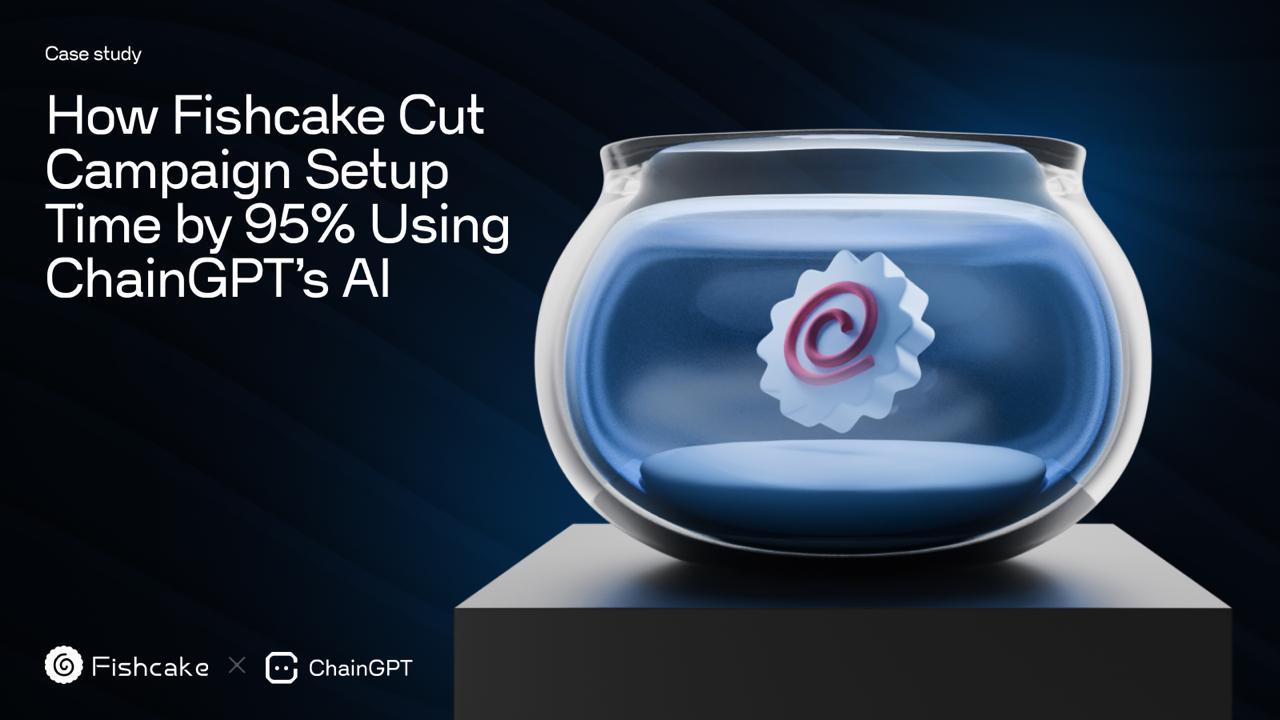
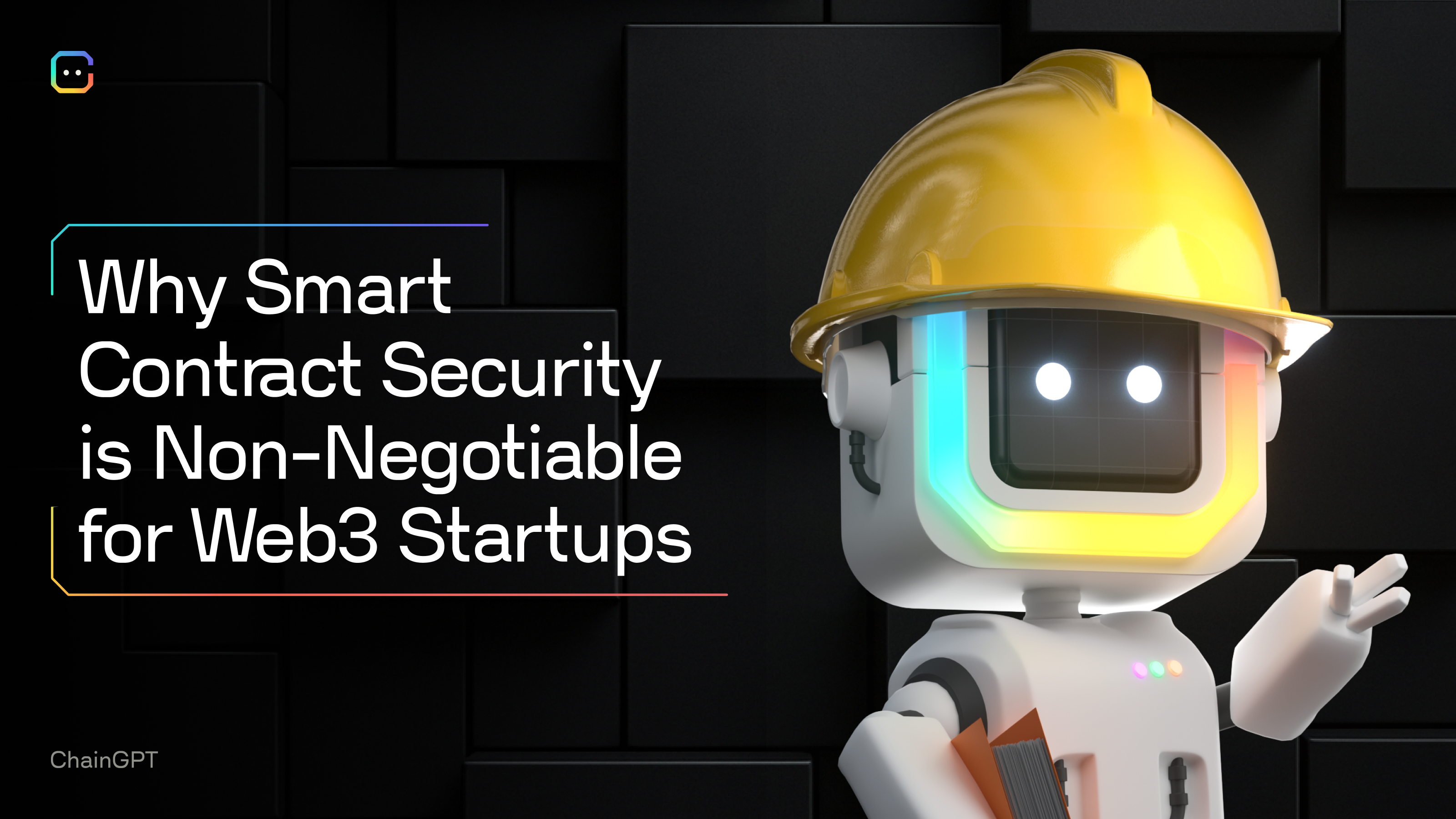
.jpg)
